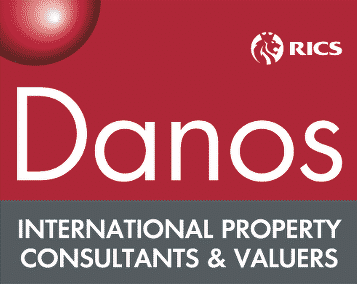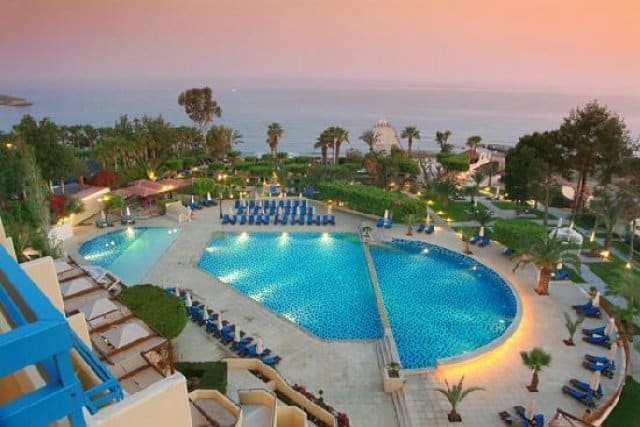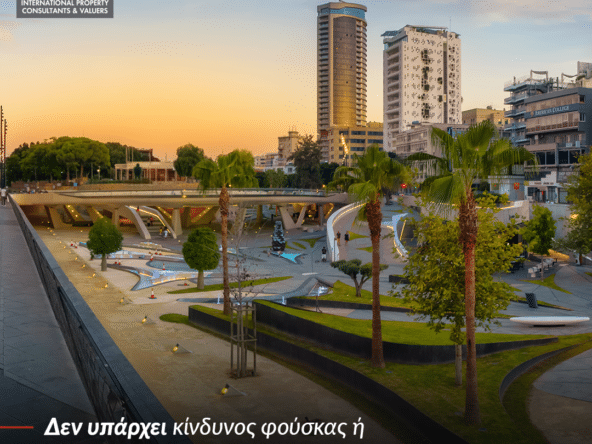Cyprus remains one of the desired tourist destinations in the world and the hospitality sector continues its positive development, having an undisrupted growth path. The number of the visitors/ tourists in 2017 has reached the record mark of approx. 3.7 million.
The main destinations are Limassol, Pafos and Larnaca. The situation in the neighboring countries, the upgrade of the hotel product and the improving competitiveness of the Cypriot hospitality industry are among the positive factors for the continuing growth. To the above could be also added:
• The growth of the Cypriot economy after the successful conclusion of the Cypriot
financial program.
• The improvement in the infrastructure (for example, the privatization of the Limassol
Port, the marina projects and the concession of land for development around the
Larnaca International Airport).
• The recognition of Cyprus as a safe European destination.
This led to an increasing interest for major investments in the hospitality sector coming from domestic
and foreign investors, i.e. the acquisitions of
• CYPRIA MARIS (in Paphos) from ISSTA LINES
• CYPRIA BAT (in Paphos) from ISSTA LINES
• LAURA HOTELS (in Paphos) from ISSTA LINES
The investment volumes of the subject transactions overcome the amount of 80 mil €.
Moreover, Laura hotel (and the majority of the rest hotels of the Group) are be extended (one extra floor) and renovated, at present.
Another important trend, especially in Larnaca and Limassol, is the long lease or purchase of older buildings, which will be converted to 4 and 5* new hotels, upgrading the hotel capacity in Limassol and Larnaca, but also giving new life to specific neighborhoods in the respective centers of the two cities.
At the same time, though, there are several weaknesses that have to be challenged in order for the subject growth not to be delayed or even stopped, such as:
• Product mix (Cyprus has to continue the conversion of old hotels to new modern
facilities and to build 4* and 5* hotels offering a more qualitative product/
Diversification of the product portfolio through thematic tourism, such as Medical
Tourism, Religious Tourism, Wellness/ Relaxation Tourism etc.)
• Seasonality
• Attracting more international brands
• Planning/ development easiness (especially for resort hotels as a part of complex
tourism developments).
An issue that worths to be mentioned separately is the NPLs management. Some hotel companies facing an over debt situation, which must be solved and could probably lead , if for example the foreclosure/ auction procedure will be enforced, to a new business environment in the Cypriot hotel industry.
Conclusively the Cypriot tourism and hospitality sector is creating an autonomous route from the remaining financial activities in the country, demonstrating its ability to keep the leading position in its contribution to the GDP (currently more than 12%).
Cyprus has a plan and should proceed to its implementation to attract €20 billion in new investment, to double visitor arrival and triple tourist revenue by 2030.
Panos Danos FRICS
CEO DANOS/BNPPRE
www.danos-group.com





